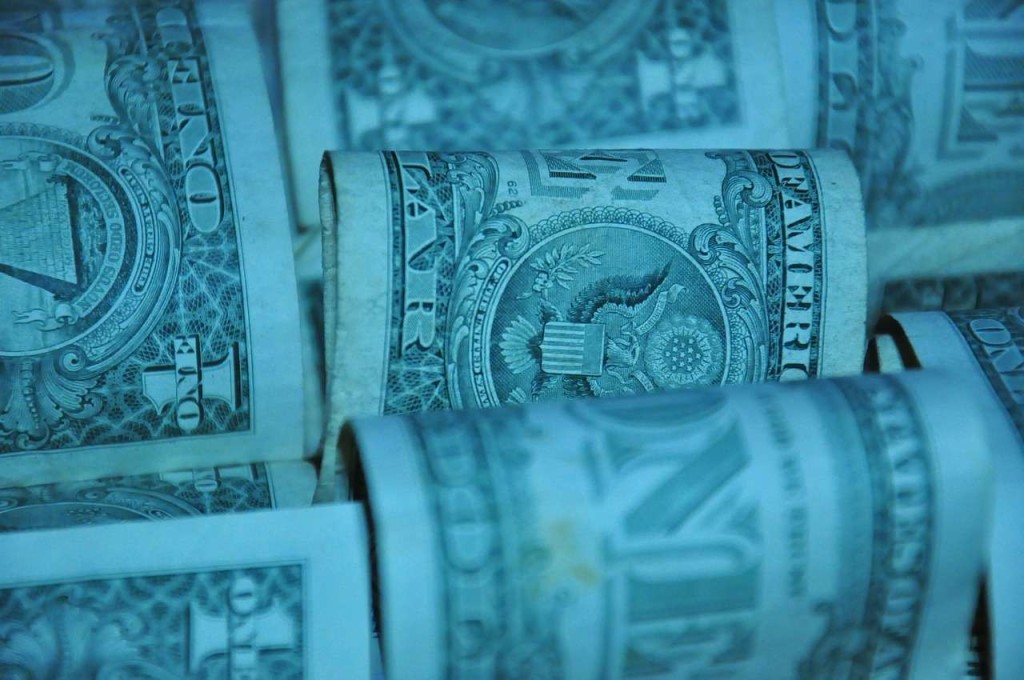Charlie Devereux reports at Bloomberg of this unusual phenomenon that came out of the Papers.
When leaked Panama Papers listed President Mauricio Macri of Argentina as the director of an offshore shell company, he found himself on the front page of the world’s newspapers for all the wrong reasons.
But the documents may ultimately prove to be a blessing for his cash-strapped government and its ability to repay debt.
Macri’s administration plans to announce a tax amnesty this year with the aim of persuading Argentines to repatriate some of the estimated $400 billion they hold abroad. That effort is likely to get a boost from the leak of the more than 11 million documents from Panama law firm Mossack Fonseca as it showed that at least 270 Argentines held shell companies outside of the country. In 2014, Argentina also gained access to information about HSBC Holdings Plc’s operations in Switzerland that revealed 4,000 bank accounts belonging to Argentines.
To avoid facing stiffer penalties, tax evaders could bring back as much as $60 billion over the next two years — a much-needed boost at a time when foreign reserves have fallen to almost half of what they were five years ago, according to Balanz Capital. While Argentina was able to borrow a record $16.5 billion issuing bonds this year, the country is headed for a recession and faces a budget deficit.
“The Panama Papers really changed the game,” said Walter Stoeppelwerth, the chief investment officer at Balanz in Buenos Aires. “People no longer feel that they can comfortably keep money abroad. We believe that very high net-worth accounts that originally were thinking about bringing back 20 percent of their money are now thinking about bringing back 75 percent to 100 percent.”
Argentina will probably offer citizens who repatriate money a low-interest dollar bond, while those who choose to declare it but keep it abroad will face a harsher penalty, according to Stoeppelwerth.
A Finance Ministry official declined to comment on the plan.
“Starting in January, anyone that has undeclared patrimony won’t have a place to hide it because the tax agency will have the tools” to find the funds, Finance Minister Alfonso Prat-Gay said at a business conference in Buenos Aires on May 12. “International practice says that before moving to such a transparent system, there should be an opportunity for those who haven’t yet cleared their situation to do so.”
Argentina plans to charge a high tax rate to those taking part in the amnesty to make it fair for those who have paid their taxes, Prat-Gay said, without providing specifics.
Argentina’s bonds have returned 11 percent in the past six months, the second most in emerging markets after Ecuador, according to data compiled by JPMorgan Chase & Co.
The Panama Papers, a global investigation of offshore companies led by German newspaper Suddeutsche Zeitung and the International Consortium of Investigative Journalists, showed that Macri was director of shell company Fleg Trading Ltd, which he said was legal and created by his father to facilitate investment in Brazil. It was created in 1998 and dissolved in 2008 without ever having operated, Macri said. He said he will put all his assets in a blind trust after a prosecutor said there were grounds to investigate him following the revelations.
Argentina isn’t the only country in Latin America to offer tax amnesty. A program in Chile this year collected $1.5 billion, more than 10 times the amount forecast. Brazil started its own plan last month in an attempt to capture an estimated $400 billion held by its citizens abroad.
The money that will flow into Argentina because of the tax amnesty will bolster its ability to pay debt and help the government fund a multi-billion dollar infrastructure project, said Leonardo Chialva, partner at Buenos Aires consulting firm Delphos Investment.
“This is positive on all sides,” he said from Buenos Aires.
